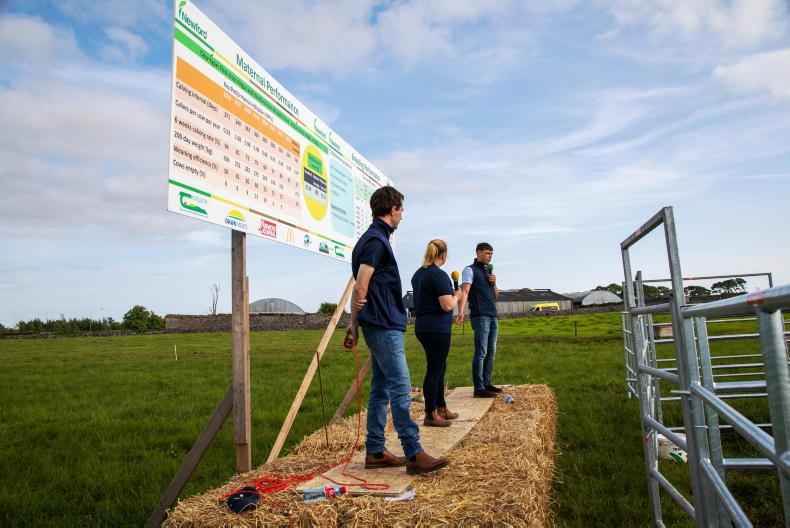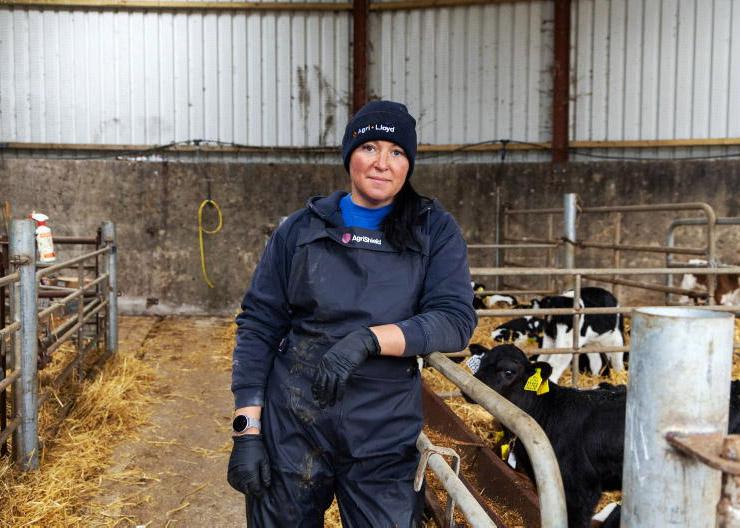Farmers now need to position themselves to be able to react to global shocks and how they impact their businesses, professor Rogier Schulte of Wageningen University in the Netherlands has said.
In conversation with Bank of Ireland’s head of agriculture, Eoin Lowry at the Agricultural Science Association (ASA) debate on the Vision of Agriculture in 2050 in University College Cork (UCC) last week, he said that climate change is now being felt in every country around the world.
“We have the shocks of pandemics.
“Things people thought were never possible suddenly became possible.
“Planes stopped flying for example.
“Serious geopolitical shocks are becoming more frequent, and as a result food and fertiliser are now being weaponised,” he said.
Supply chain disruption as a result of these shocks are being felt at farm level and farmers need to be more resilient to take them into account, he added.
This could take a variety of forms, he said, such as having a buffer of winter feed rather than just enough.
While this could prove difficult for those who have become conditioned to being efficient, professor Schulte said there are similarities between the two.
“Prudent use of resources is always a good idea, whether for efficiency or resilience,” he maintained.
If disruption is the new normal, then resilience is the new efficiency, Prof Schulte said, adding that agriculture needs to rethink how it looks at efficiency.
“Efficiency served us well in a time when the world was stable, but that is no longer the case.
Disruption
“When I have a reliable climate and reliable costs, then I can calculate my optimum stocking rate and tweak my milk yield per cow to be most efficient and use the most efficient nitrogen fertilisation rate,” he maintained.
“When disruption is becoming the norm like with climate change, then the goalposts keep moving.
“What are you optimising for?
“Which milk price? The one from 20 years ago, 33c/l or the one from last year, 56c/l?” he said.










SHARING OPTIONS